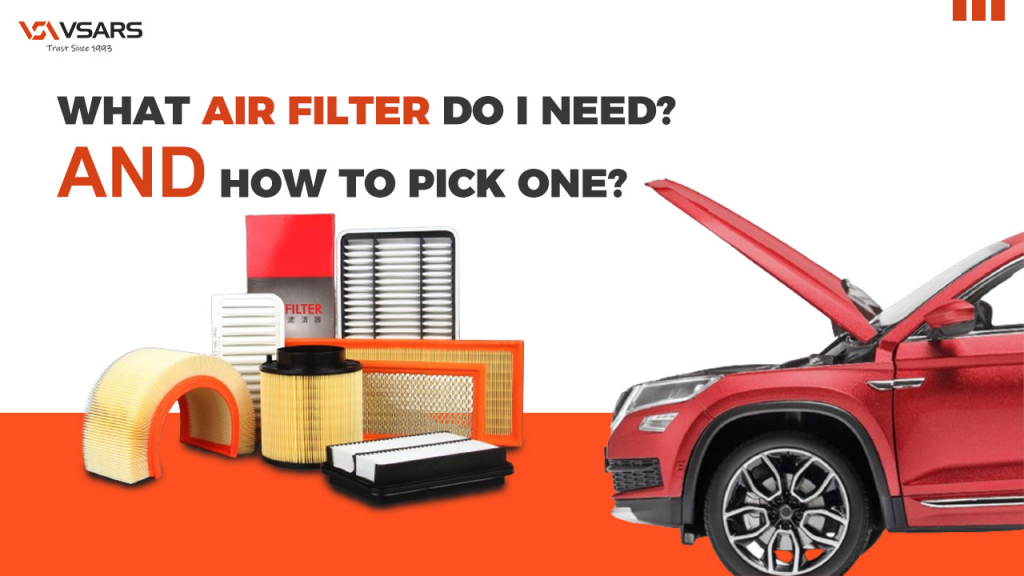
Choosing the right air filter can be a tricky process. There are several factors to consider, including the environment in your home, your health, and your wallet. Taking a look at the most important factors will help you find the best air filter for your home.
The best air filter for your home is probably the one that’s made of the right material. Your home’s climate, your respiratory health, and your pet’s presence in the house will all play a part in deciding which material is best for your home.
There are several ways to measure a filter’s efficiency. A higher number will generally correspond to a better-quality filter. For example, a high MERV filter will reduce the number of particles in your home’s air.
How to Choose an Air Filter
Choosing an air filter is an important part of keeping the air in your home clean. There are many different types of filters to choose from. Some are better than others for a variety of purposes. Some are easier to clean than others.
Electrostatic filters
An electrostatic air filter is a device that uses static electricity to capture airborne particles. The technology is quite simple, but it can be used effectively in a variety of ways.
Electrostatic air filters are used to filter the air for indoor use. They are made from specially engineered fibers that are charged with a static charge. This charge attracts particles that are positively charged.
Electrostatic air filters are relatively new in the residential market. They are not quite as effective as traditional filters, but they are an inexpensive alternative. They are also more eco-friendly because they do not end up in landfill.
An electrostatic air filter is designed to remove dirt and dust from the air in your home. These filters are also designed to protect your HVAC system from dust and dirt. These filters are available in both disposable and reusable models.
HEPA filters
Buying a HEPA air filter is a great way to improve the air quality in your home. However, you need to know how to choose one that will work best for your needs. You can get one from a home improvement store or online marketplace.
A HEPA filter is a type of air filter that removes dust, dander, mold spores, and pollen from the air. These filters can be found in air purifiers as well as vacuum cleaners. The particles are typically trapped by a fine mesh.
Air purifiers are not only used to clean the air, but they can also remove bacteria, viruses, and odors. Some models include a pre-filter that blocks odors. However, it is not enough to prevent all airborne contaminants.
Pleated filters
Pleated air filters have the ability to capture a large amount of smaller particles. This is particularly important if you live in an area that has high air pollution levels. They can also filter out pollen, pet dander, and dust mites.
Pleated filters also have a greater surface area for filtration. They are shaped like an accordion, which allows for better airflow. These filters are often made of special synthetic material, such as a cotton-polyester blend. This increases the effectiveness of the filter and makes it more durable.
Pleated filters also have a higher MERV rating. The MERV rating is a measure of how efficient the filter is at removing particulates from the air. The higher the MERV rating, the more particles the filter can remove.
Washable filters
Buying a washable air filter is an environmentally friendly alternative to disposable air filters. Washable air filters are also a cost-effective solution. They last a long time and are reusable.
However, you must clean your washable air filters regularly. Dirty filters will fail to capture airborne particles. They will also cause the HVAC system to work harder. You should also avoid buying a washable air filter if you have asthma or other respiratory issues.
Washable air filters are usually rated on a MERV system. The higher the MERV, the more effective the filter is. These filters work best in industrial buildings where they can block airborne particles as small as microns.
